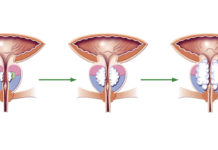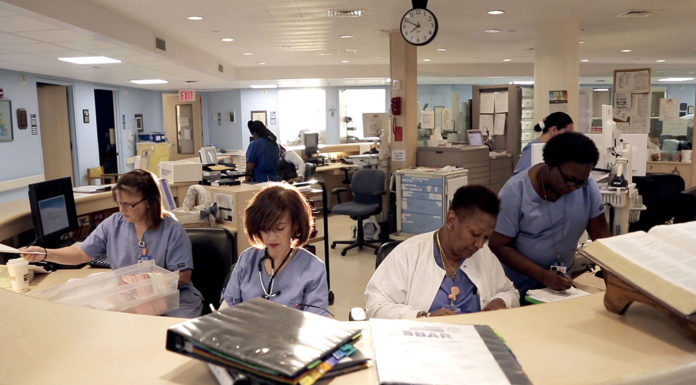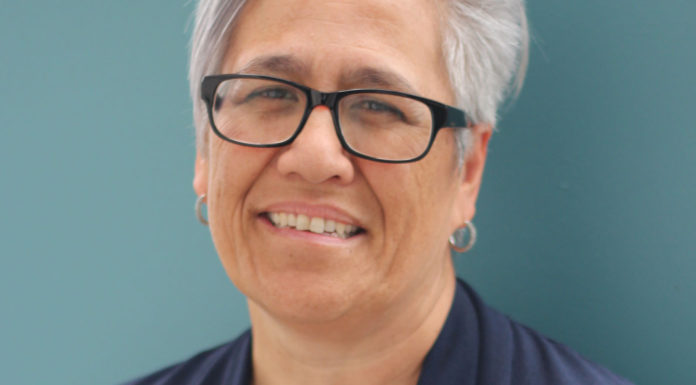What impact did a ground-breaking, randomised trial of a cultural intervention for self-harm have for its Māori participants?
Clinical bottom line
A culturally informed, multimodal intervention holds promise for improving health outcomes in Māori presenting to emergency departments with intentional self-harm.
Clinical scenario
As a nurse working in mental health, you are aware of the disproportionately high rates of intentional self-harm in Māori, compared with non-Māori. You wonder whether an intervention tailored to the cultural needs of Māori may be more effective than usual care and decide to review the evidence.
Question
Does a culturally informed treatment programme improve outcomes for Māori presenting to hospital after self-harm, compared with usual care?
Search strategy
PubMed Clinical Queries (therapy, broad): self-harm AND Māori.
Citation
Hatcher S, Coupe N, Wikiriwhi K, Durie SM, Pillai A. Te Ira Tangata: a Zelen randomised controlled trial of a culturally informed treatment compared
with treatment as usual in Māori who present to hospital after self-harm. Soc Psychiatry Psychiatr Epidemiol. 2016;51(6):885-94. doi: 10.1007/s00127-016-1194-7
Study summary
The study was a double consent, Zelen design, randomised controlled trial (RCT) conducted in seven hospitals across three district health boards. Included were Māori who had presented at the hospitals’ emergency departments following an episode of intentional self-harm. Self-harm was defined as intentional self-poisoning or self-injury, irrespective of motivation. Self-injury was defined as any injury that had been intentionally self-inflicted. Excluded were those aged under 17, still at school, or unable to give informed consent. Of 497 assessed as eligible, 365 were randomised (pre-consent) and 198 did not subsequently consent to either intervention or control, leaving 167 consenting to participate in the study. All participants received standard care. Length of treatment and follow-up was 12 months.
Intervention 1: (n=182 allocated, n = 95 consented) A package of interventions delivered by Māori to Māori with an emphasis on cultural identity. Interventions included monthly postcard contact, problem-solving therapy (maximum six sessions), patient support (up to two weeks), a focused risk management strategy, improved access to primary care, and cultural assessment in addition to standard care. Cultural assessments aimed to increase engagement of patients in Māori cultural services and paid attention to sense of belonging and feelings around ethnicity.
Control: (n= 183 allocated, n = 72 consented) Standard care, which included referrals to multi-disciplinary mental health teams or referral back to the general practitioner.
Primary outcomes: Self-rated change in scores on the Beck Hopelessness Scale after one year.
Secondary outcomes: Patient-reported outcomes of hopelessness, anxiety, depression, quality of life, sense of belonging and cultural impact profile – measured at baseline, three months and one year. Repeat self-harm and health service use (telephone questionnaire, health records) measured at three months and one year.
Study validity
Randomisation – yes, stratified minimisation randomisation helped ensure balance in key prognostic factors; allocation concealment – unlikely because of Zelen design; complete follow-up – yes, for repeat hospital presentation data (n= 365); continuous outcomes data – available for 69 per cent and 66 per cent of those consenting to treatment and control, respectively; intention-to-treat (ITT) analysis – yes, for hospital repeat visits, otherwise per-protocol analysis; blinding – outcome assessors only; equal treatment between groups – appears so; groups similar at baseline – increased hopelessness in the intervention group, adjusted analysis.
Overall impression: variable risk of bias present across outcomes of interest.
Study results
Of those consenting to participate, 65.3 per cent (n = 109) were female and 59.9 per cent (n = 100) had a history of self-harm. There was a statistically significant greater change (decrease) in hopelessness scores at three months, but not at one year for those consenting to intervention, compared with those consenting to standard care (see table).
There were no other significant differences between groups for any other continuous outcome measures at either three or 12 months.
However, those receiving the intervention were significantly less likely to present to hospital for non-self-harm reasons in the year following the first presentation (see table). The intervention group was also significantly less likely to re-present with self-harm at three months {10.4 per cent (19/182) vs 18 per cent (33/183), p = 0.04} but not at 12 months, compared with the control group (ITT analysis). There were no deaths in the intervention group and one suicide in the control.
Comments
- This study is significant in that few RCTs have explicitly evaluated the effect of a culturally informed intervention and, to my knowledge, this is the only RCT of this type conducted in New Zealand.
- Qualitative interviews – and the proportion consenting to intervention – indicated the culturally informed approach was acceptable to many Māori. There is work to be done in isolating the effective components of such a programme.
- These results contribute to research knowledge highlighting the importance of finding ways to promote and maintain meaningful patient engagement with health service providers in order to enhance health-seeking behaviour, improve patient experience and, ultimately, health outcomes.
Reviewer: Cynthia Wensley RN, MHSc. Honorary Professional Teaching Fellow, University of Auckland and PhD Candidate, Deakin University, Melbourne [email protected]
























